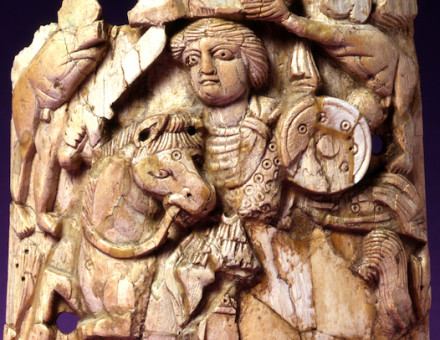J.S. Mill as a Political Philosopher
In his youth hailed by Carlyle as a “new Mystic,” later acclaimed by his contemporaries as the “saint of rationalism,” John Stuart Mill was an extraordinarily versatile writer. Maurice Cranston profiles a man of very wide interests, who became the personification of Victorian liberal democracy and “the agnostic’s equivalent of a godfather” to the infant Bertrand Russell.
John Stuart Mill was a versatile writer: economist, moralist, logician, political philosopher and literary journalist. His books on economics and logic, once thought his most important, are nowadays less esteemed; but his work in other fields, especially in political theory and ethics, has come in the past few years to be more highly regarded than ever before.
As a man he has lost none of his charm. To his Victorian contemporaries Mill was the “saint of rationalism,” a stern but sympathetic champion of agnostic rectitude and measured political reform. To the reader of today he seems, in the light of recent biographies, a more human, a less formidable figure; and it is clear that his personality holds more than the usual number of keys to the understanding of his work.





